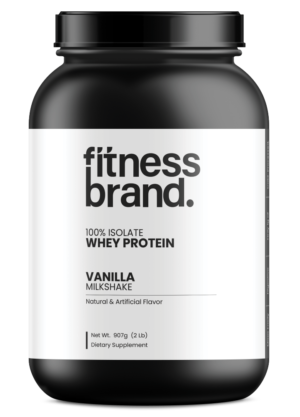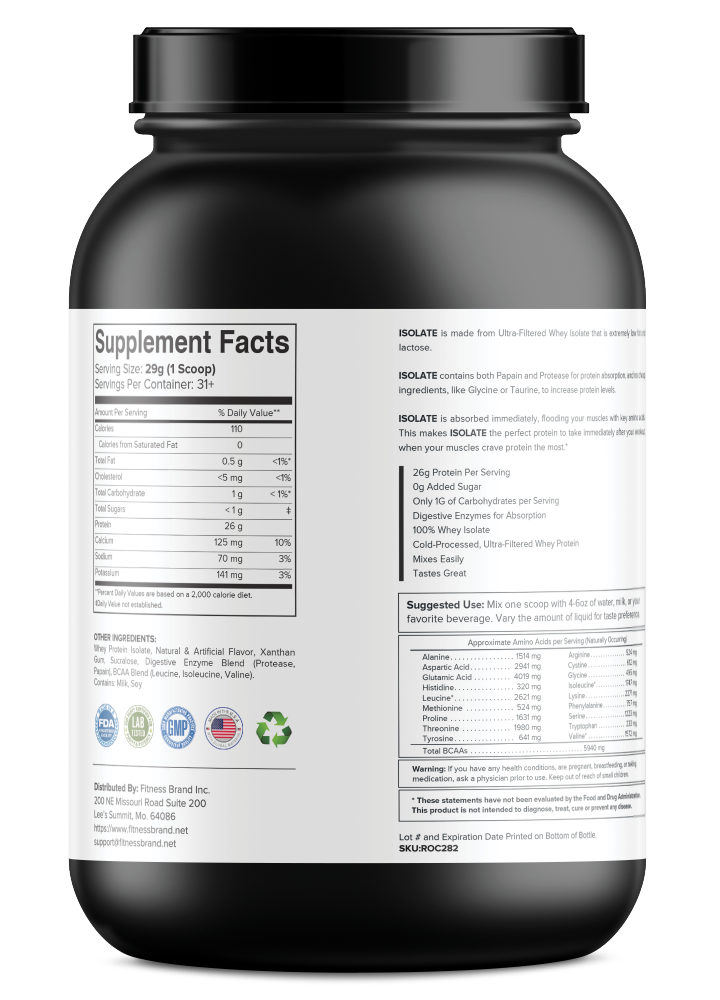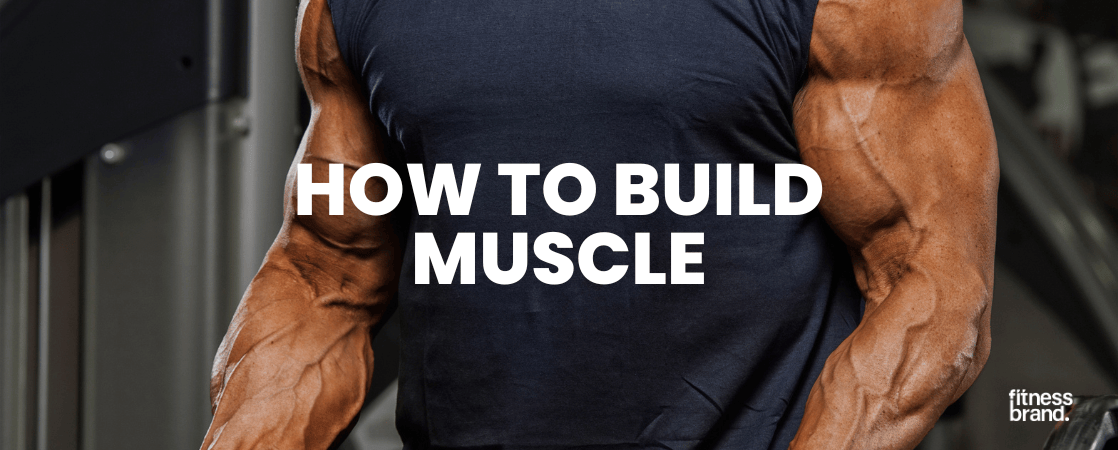


Recovery is as important as training for effective muscle growth. Proper rest, active recovery, and strategies to prevent plateaus will keep your gains consistent and sustainable.
Adequate rest between workouts allows your muscles to repair and grow. Muscles typically require 48 hours to recover after intense resistance training. Incorporating rest days between heavy lifting sessions ensures that muscles can rebuild without risk of overtraining.
Recovery techniques such as active recovery and proper nutrition can aid in faster muscle repair and reduced soreness.
Experiencing a plateau can be frustrating, but it’s a common hurdle in the muscle-building journey. Plateaus happen when the body adapts to a consistent training regimen, slowing progress.
Hormonal Adaptations: According to Ahtiainen et al. (2003), resistance training prompts hormonal responses that promote muscle hypertrophy, especially in trained individuals. By varying intensity, volume, and exercise selection over time, you can keep these hormonal responses active, ensuring that the body continues to respond positively to training.
Category: Build Muscle
